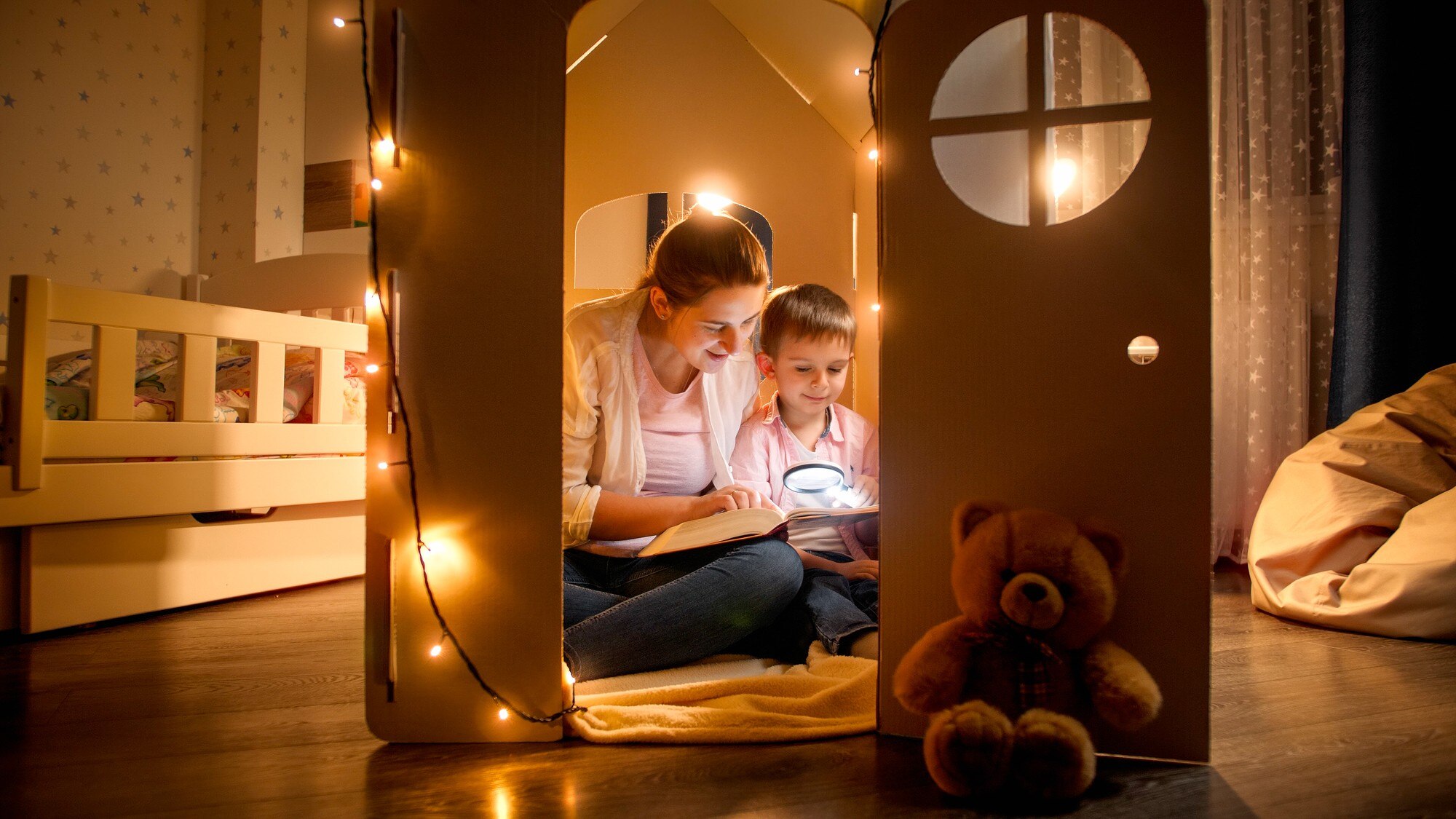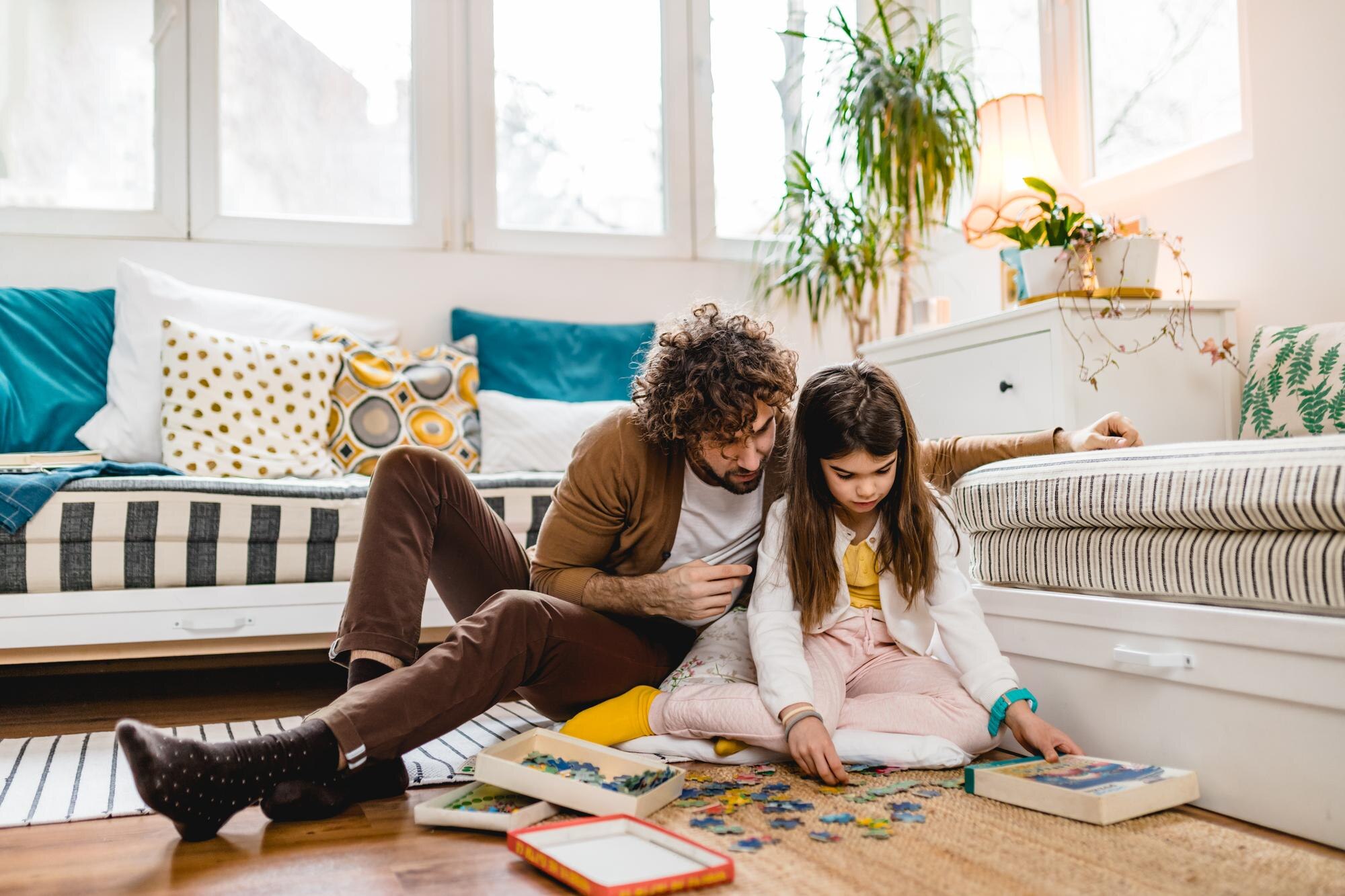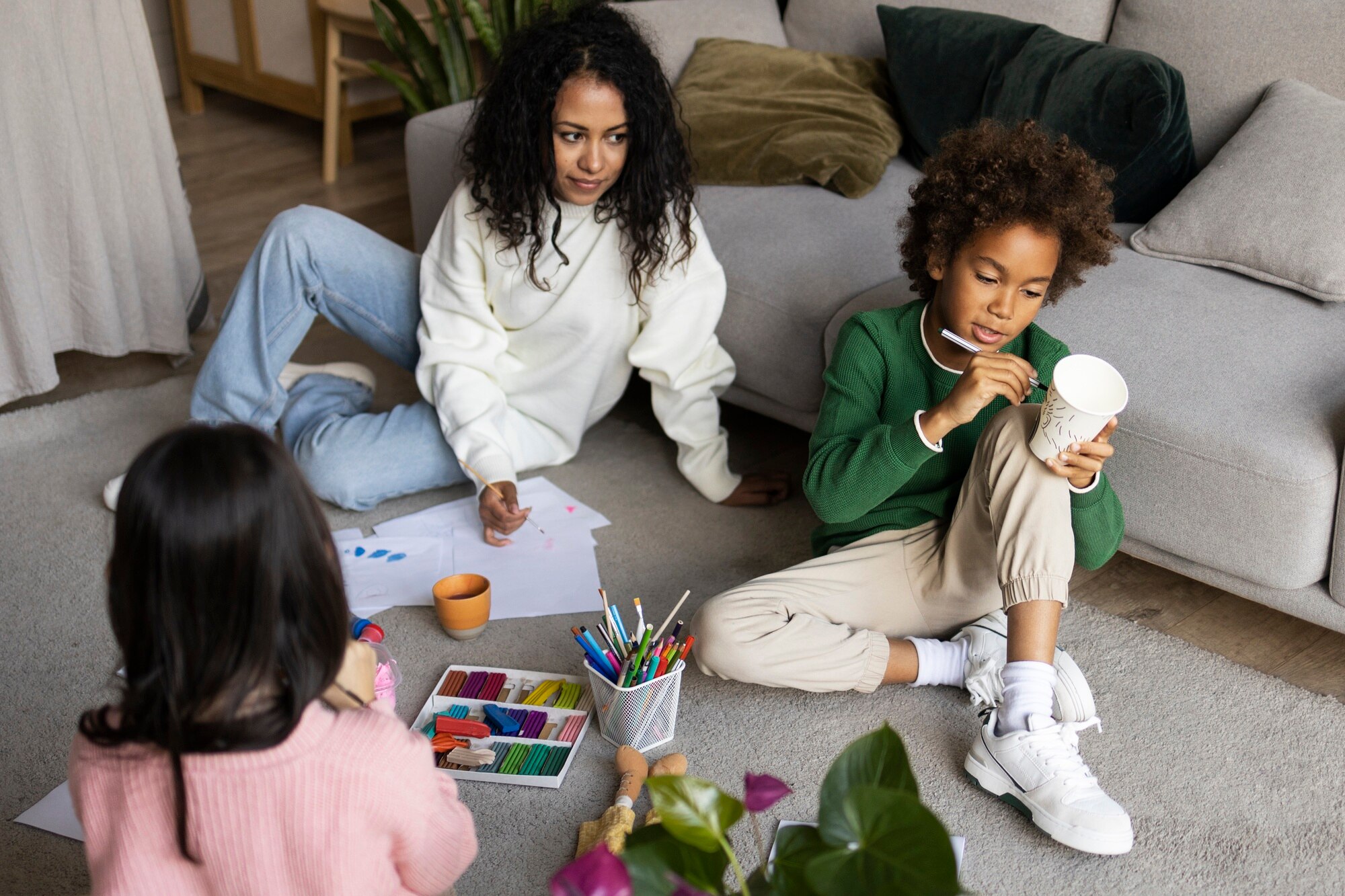Stress-Free Educational Routines for Busy Parents: Unlocking Joyful Learning at Home
Welcoming a world of learning into your home can be a joyful, stress-free adventure, especially for busy parents with young children. With the hustle and bustle of daily life, it’s easy to feel overwhelmed by the thought of adding educational activities to your routine. But worry not—there are playful, screen-free learning opportunities waiting to be explored. Imagine turning everyday moments into delightful chances for early childhood education, where your little one can play and grow together with you. Let’s explore how simple strategies and the Discovery Pack can bring excitement and ease to your family’s learning journey! 📚✨
Simple Strategies for Busy Parents

For parents juggling multiple responsibilities, integrating educational activities into daily routines can feel daunting. But with a few simple strategies, busy parents can transform ordinary moments into playful learning experiences for their children.
Playful Morning Routines
Mornings can be the most hectic time of the day, but they also offer fresh opportunities for learning. A playful morning routine can set a positive tone for the day. Start by turning dressing up into a learning game. You could ask your child to find clothing items based on color or texture, turning a simple task into an educational one.
Incorporate songs that include actions like brushing teeth or washing face. This not only makes routines fun but also reinforces the importance of hygiene. You can find more tips on stress-free morning routines that work for working moms.
Consider creating a small morning checklist with pictures. This encourages independence and helps your child understand sequence and responsibility. Remember, mornings don’t need to be rushed; they can be playful and educational, setting the stage for a productive day.
Learning Through Daily Tasks
Everyday tasks are filled with learning opportunities. Cooking, for example, can become a fun math lesson. Let your child measure ingredients, which introduces concepts such as volume and numbers. Working in the kitchen can also teach following instructions and fine motor skills.
While grocery shopping, engage your child in a treasure hunt. Ask them to identify fruits and vegetables by color or shape. This activity not only entertains but also enhances vocabulary and recognition skills.
Even tidying up can be educational. Turn it into a sorting game where toys are organized by type or color. This simple strategy helps children learn categorization and develop organizational skills. For more tips on stress management for busy parents, visit this resource.
Screen-Free Learning Adventures

Screen-free learning adventures can captivate young minds just as effectively as digital tools. These activities encourage creativity, problem-solving, and a deeper connection with the environment.
Creative Crafting and Building
Crafting and building projects are excellent for developing fine motor skills and creativity. Start with simple materials like cardboard, glue, and scissors. Encourage your child to create their own inventions or art pieces. This process fosters creativity and problem-solving.
Introduce concepts like symmetry and balance by building simple structures with blocks. This hands-on activity can teach basic physics principles.
You can find more crafting ideas at Lisa Tanner’s writing, which offers a range of engaging activities designed to relieve stress and encourage creativity.
Nature Walks and Outdoor Fun
Nature walks offer a wealth of educational opportunities. Equip your child with a magnifying glass and encourage them to explore different textures and patterns in nature. Discuss the sounds of birds or rustling leaves, which enhances auditory skills.
Collect leaves and rocks to sort and classify at home. This activity enhances observation and analytical skills. Use these collections to create art projects, combining creativity with scientific inquiry.
For parents looking to combine exercise with learning, outdoor scavenger hunts are an exciting option. Create a list of items for your child to find, such as a feather or a particular flower. This not only keeps them active but also sharpens their observation skills.
Play and Grow Together

Playing together fosters bonding and learning in a natural setting. These activities help children develop emotional and social skills essential for their growth.
Storytime and Imagination
Storytime is a cherished activity that promotes language development and imagination. Encourage children to participate by asking them to predict what might happen next in a story. This simple question enhances their critical thinking and narrative skills.
Introduce role-playing based on a story. This not only reinforces comprehension but also allows children to express their creativity and emotions. Reading together can be a comforting routine that strengthens parent-child bonds.
Make use of library resources or online storytelling events to expose children to a variety of tales and genres. This broadens their horizons and introduces new vocabulary.
Music and Movement Activities
Music and movement activities are perfect for developing physical coordination and rhythm. Start by playing simple, upbeat songs and encourage your child to dance freely. This activity promotes physical activity and self-expression.
Introduce musical instruments, even if they’re homemade, to explore different sounds and rhythms. This not only develops listening skills but also fosters a love for music.
Songs that incorporate actions, like clapping or stomping, help improve motor skills and memory. For more details on integrating music into daily routines, check out Amarauche’s blog on morning routines.
With these playful strategies, parents can seamlessly weave educational moments into their daily lives, creating a joyful and stress-free learning environment for their children. 🎨🚀📚


